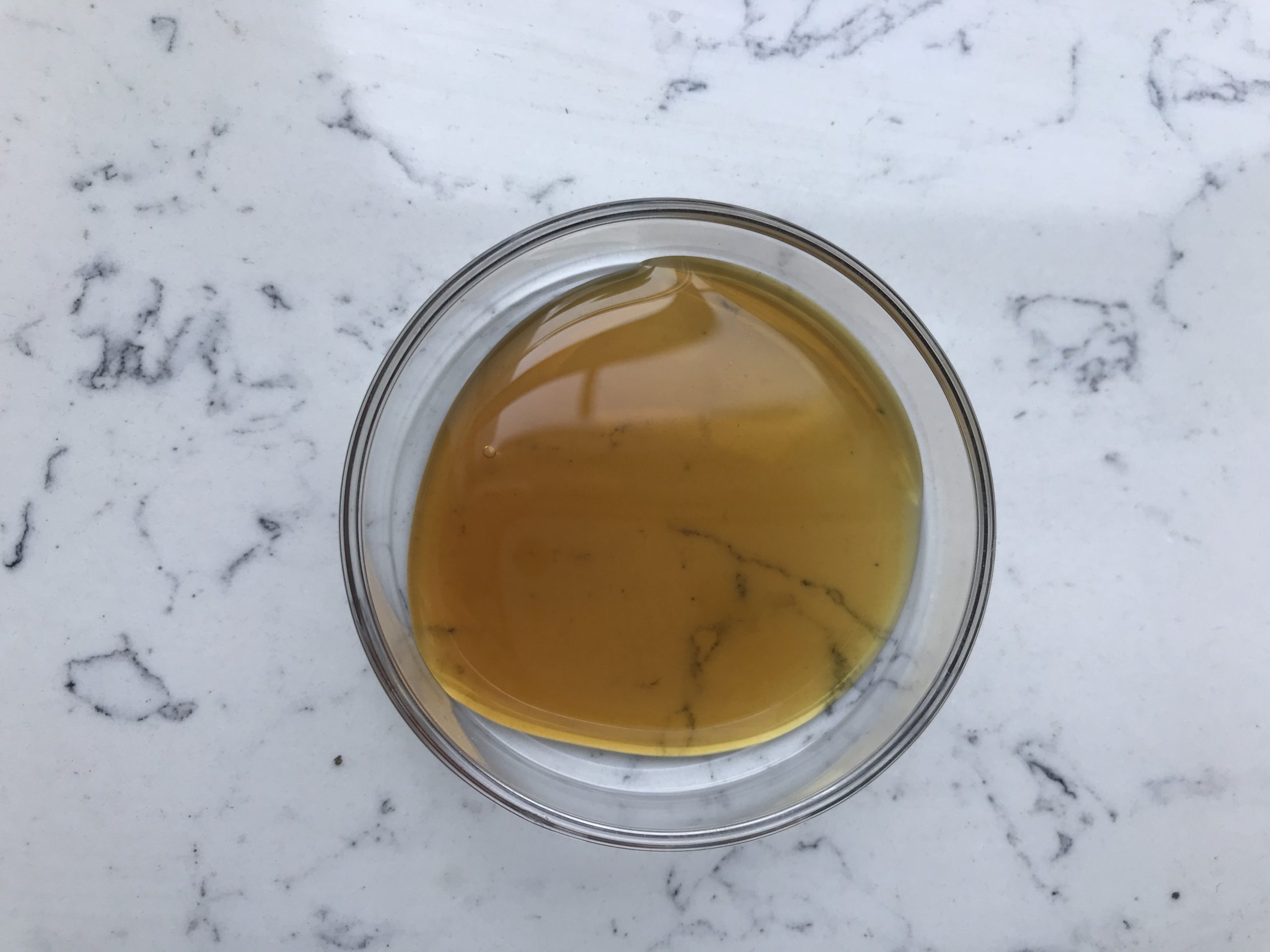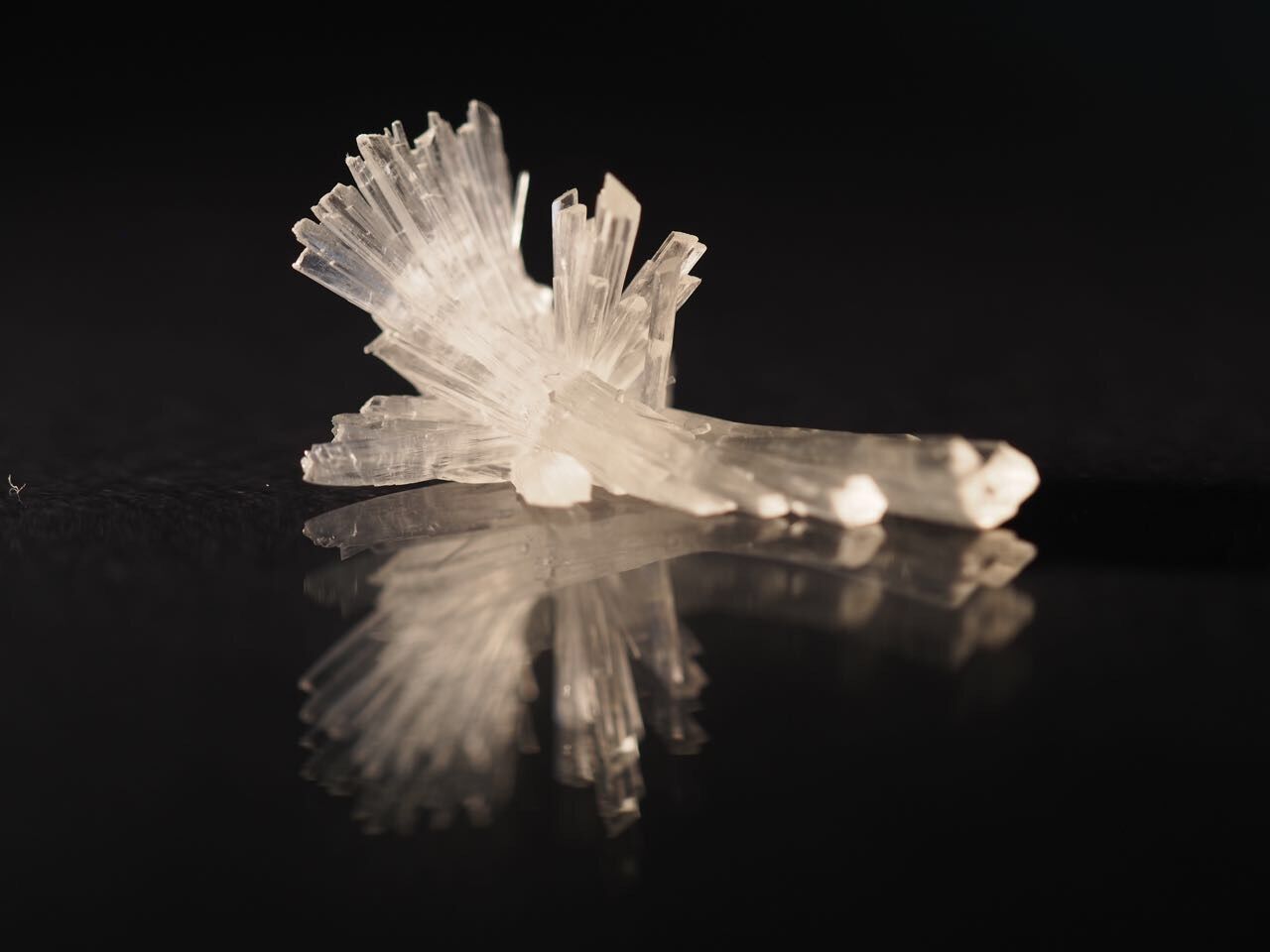CBD, or cannabidiol, is a naturally occurring compound found in the Cannabis sativa plant. It is one of over a hundred different cannabinoids present in the plant. CBD has gained significant attention for its potential therapeutic effects and is commonly used in various products. The basic ingredients of CBD products depend on the specific type of product, but here are some common ingredients you might find:
CBD Extract: The primary ingredient is, of course, the CBD extract itself. This extract is obtained from the hemp plant through various extraction methods, such as CO2 extraction or ethanol extraction.
Carrier Oil: CBD extract is often diluted in a carrier oil to create CBD oil tinctures. Common carrier oils include coconut oil, hemp seed oil, MCT oil (derived from coconuts), and olive oil. The carrier oil helps with the absorption of CBD into the body.

Flavorings or Terpenes: Some CBD oils might include added flavorings or terpenes to improve the taste and aroma. Terpenes are natural compounds found in plants, including cannabis, that contribute to its scent and flavor.
Additional Cannabinoids: Depending on the product, other cannabinoids like THC (tetrahydrocannabinol) or CBG (cannabigerol) might be present in small amounts. However, CBD products are generally formulated to contain very low or no THC, as THC is the psychoactive compound responsible for the “high” associated with marijuana.
Sweeteners: CBD edibles and gummies might contain sweeteners to enhance taste. Natural sweeteners like sugar or honey, as well as artificial sweeteners, could be used.
Preservatives and Stabilizers: Some products might include preservatives or stabilizers to prolong shelf life and maintain the integrity of the product.
Topical Ingredients: CBD topicals like creams, balms, or salves might contain additional ingredients such as essential oils (lavender, eucalyptus), shea butter, aloe vera, or menthol to create a soothing effect when applied to the skin.
It’s important to note that the specific ingredients can vary widely depending on the brand, product type, and intended use. When purchasing CBD products, it’s recommended to carefully review the product label and ingredient list to ensure you’re getting a quality and safe product.
Adverse effects of CBD
Cannabidiol (CBD) is a compound derived from the cannabis plant and has gained significant attention for its potential therapeutic effects. While many people find CBD to be well-tolerated and experience few or no adverse effects, it’s important to note that individual reactions can vary. Here are some potential adverse effects associated with CBD:
Dry Mouth: CBD may reduce saliva production, leading to a dry sensation in the mouth. Drinking water or staying hydrated can help alleviate this symptom.
Changes in Appetite: CBD has been reported to affect appetite in some individuals. It might lead to increased appetite (the “munchies”) or, conversely, reduced appetite.
Dizziness: CBD may cause a feeling of dizziness or lightheadedness, especially in higher doses.
Drowsiness and Fatigue: While CBD is not psychoactive like THC, some people may experience feelings of drowsiness or fatigue, particularly when taking higher doses.
Digestive Issues: CBD can affect the digestive system in some people, leading to symptoms like diarrhea or upset stomach.
Interactions with Medications: CBD can interact with certain medications, potentially affecting how they are metabolized by the body. It’s important to consult with a healthcare professional before using CBD, especially if you are taking other medications.

Liver Enzyme Changes: In some cases, CBD has been associated with changes in liver enzyme levels. Regular monitoring by a healthcare professional may be necessary, especially for individuals with existing liver conditions.
Psychological Effects: While CBD is generally considered non-psychoactive, some individuals may experience changes in mood, such as increased anxiety or irritability.
Blood Pressure: CBD has been reported to cause changes in blood pressure, including both increases and decreases. Individuals with existing blood pressure issues should exercise caution and consult a healthcare provider.
Allergic Reactions: As with any substance, some individuals may experience allergic reactions to CBD or the carrier oils used in CBD products.
It’s important to note that research on CBD is ongoing, and our understanding of its effects and potential adverse reactions continues to evolve. If you’re considering using CBD, it’s advisable to consult with a healthcare professional, especially if you have any preexisting medical conditions or are taking other medications. Additionally, it’s recommended to start with a low dose and gradually increase it while monitoring your body’s response to minimize the risk of adverse effects.
